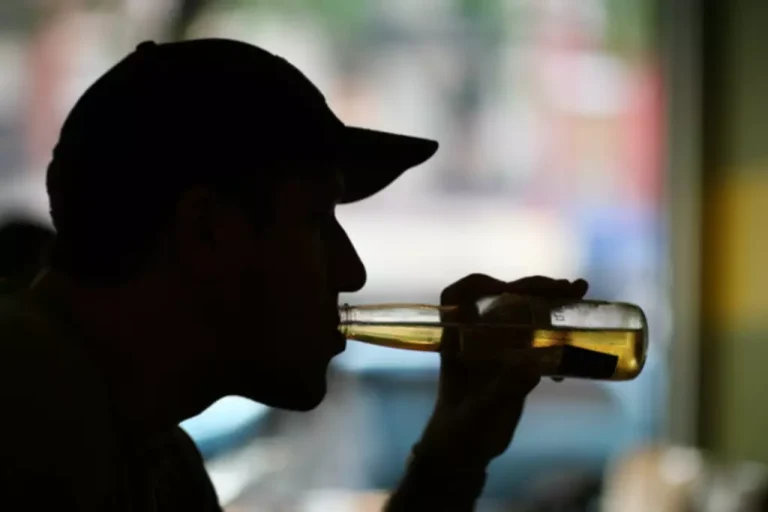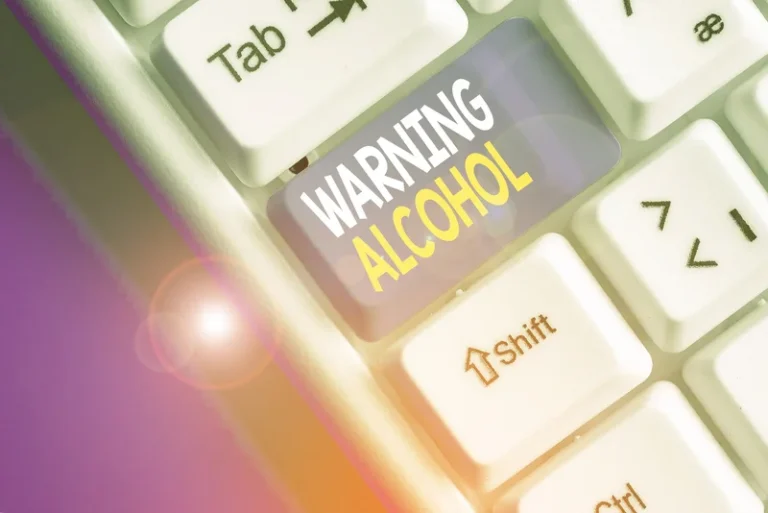Relapse Prevention Plan: Strategies and Techniques for Addiction

But mindfulness can help you step back and observe those cravings without getting swept away. Cognitive restructuring includes changing the pattern of thinking about your cravings. Instead of seeing them as impossible to resist, try to remind yourself that cravings are temporary feelings that will pass. You can also encounter any negative thoughts you have about your ability to control your cravings. For example, if you’re craving sweets, you could try going for a walk, talking to a friend, or doing a puzzle.
Want to stop harmful drinking? AA versus SMART Recovery
If we would consider why we made the change in the first place, we would remember how the old behavior made us feel worse. Talking to a supportive person, distraction, or relaxation can help relieve the pressure. You might crave them or start to think about the good times you had when you were using them. You might also try to talk yourself into using again by making excuses or forgetting how bad things were before. Therapists and counselors will document, share, and regularly update these strategies throughout your treatment.
Risk Factors for Relapse
Every day you spend in recovery is significant, worth it, and can’t be taken away from you. Seeking help for addiction may feel daunting or even scary, but several organizations can provide support. By being proactive in handling triggers, you can reduce the likelihood of returning to substance use. A customized plan allows you to foresee challenges and equip yourself to tackle them effectively. Some relapses start with lapses that become more prolonged or frequent until the individual returns to uncontrolled substance use. Once this happens, it may not be easy to control behavior or stop using.
- Recovering from physical dependence and withdrawal symptoms as a result of AUD or SUD is not a quick or easy process and learning to manage the desire to use takes time.
- Continuously investing in your recovery will help you stay focused and motivated.
- Being aware of the stages of relapse and having a plan to deal with them can help prevent you from using again.
- While it is a common part of the recovery process, it can lead to dangerous behaviors that may harm both the relapsing individual and their loved ones.
- Relapse prevention focuses on building the awareness necessary to recognize the early stages of relapse.
- In addition, the benefits and challenges of different intervention development approaches in this topic is scarce.
- The support and camaraderie found in these groups can be invaluable in maintaining long-term recovery.
Homelessness and Addiction Statistics Ohio
Figure 1 illustrates the study selection procedure using a PRISMA-ScR flow diagram and includes the reasons for exclusion at different stages of the scoping review. Of the five authors contacted two responded providing clarification regarding sample population characteristics, and whether the treatment received prior to the relapse prevention intervention was GSH. For the narrative synthesis, three peer-reviewed publications were included, and their data was extracted and presented in Table 1.

Measures of Effectiveness
If you’ve relapsed before, try to identify the feelings you felt before your relapse. Cognitive behavioral skills refer to your ability to recognize thought patterns influencing your emotions and determining your behavior. The quality of the individual studies was assessed using the Mixed Methods Appraisal Tool (MMAT) (Hong et al., 2018) and evaluated against the appropriate methodological quality criteria pending on study design. Two authors (SN and HD) rated each criterion for each study and any disagreement over ratings between reviewers were resolved through discussion and consensus. If you someday consider having “just a glass of wine with dinner,” don’t make the decision lightly. If you’ve struggled with addiction in the past, you are much more likely to develop an addiction again.
- Focusing on your senses will help you gain self-awareness and increase mindfulness, which will help you accomplish daily tasks, overcome unhealthy thoughts or feelings, feel more in-control and less overwhelmed, and reduce the risk of relapse.
- It’s a heartbreaking experience that can leave individuals feeling defeated, ashamed, and overwhelmed by the weight of their struggles.
- Sessions occur weekly at first and then may taper off to biweekly or monthly.
- In September 2023, NIDA published a study stating when it comes to staying on track with your recovery from addiction, the good news is that you can use a few key strategies to stay sober for the long term.
The acronym “HALT” stands for Hungry, Angry, Lonely, and Tired—four common conditions that can trigger a relapse. Self-care means being mindful of negative or unhelpful thoughts that could incite relapse. It also helps train your body to reduce post-acute withdrawal symptoms in the weeks or months after getting sober. Triggers can be anything from people, places, or objects that remind you of substance use. It’s important to know which triggers might cause you to relapse and come up with strategies for managing them. Whether you or a loved one are experiencing challenges controlling their addictive behaviors, the road toward rebuilding self-control can be overwhelming.
Your Guide To Relapse Prevention Treatment

By recognizing and addressing triggers, you can take control of your recovery journey and minimize the risk of relapse. Remind yourself of your progress, strengths, and the reasons why you chose to pursue sobriety in the first place. Positive self-talk plays a pivotal role in relapse prevention by nurturing a supportive and empowering internal dialogue. When relapse prevention skills individuals in recovery adopt a mindset of self-compassion and encouragement, they cultivate resilience and fortitude in the face of challenges. Relapse prevention treatment duration varies based on individual needs but often spans 12 to 20 sessions, each lasting about an hour. Sessions occur weekly at first and then may taper off to biweekly or monthly.
The final stage is succumbing to temptation and engaging in drug or alcohol use again. This could involve going to a bar or liquor store, contacting your dealer, or retrieving your old stash. For example, celebrating these milestones may provide a tempting excuse to give into old habits. If your answer includes any sort of drug, you’ll want to get creative and figure out something new.

